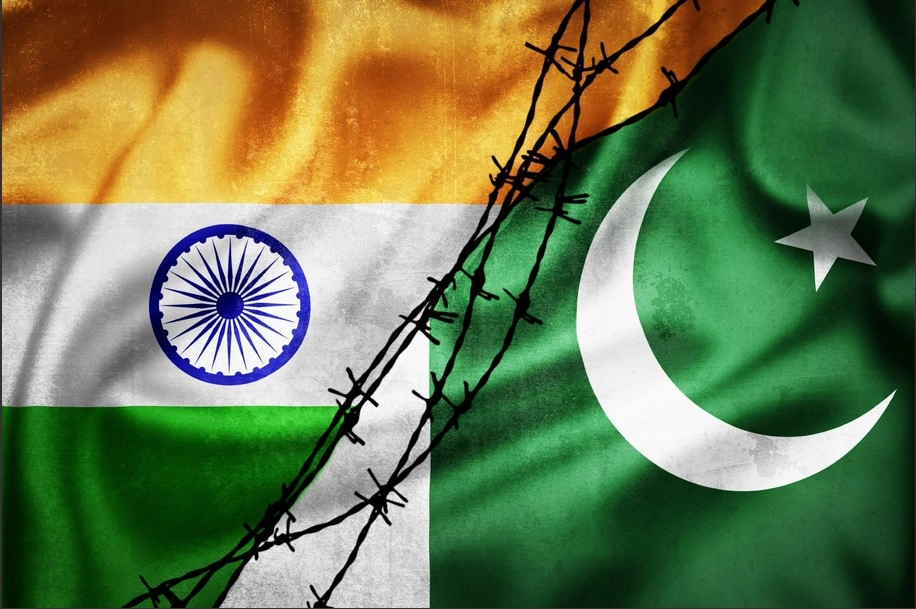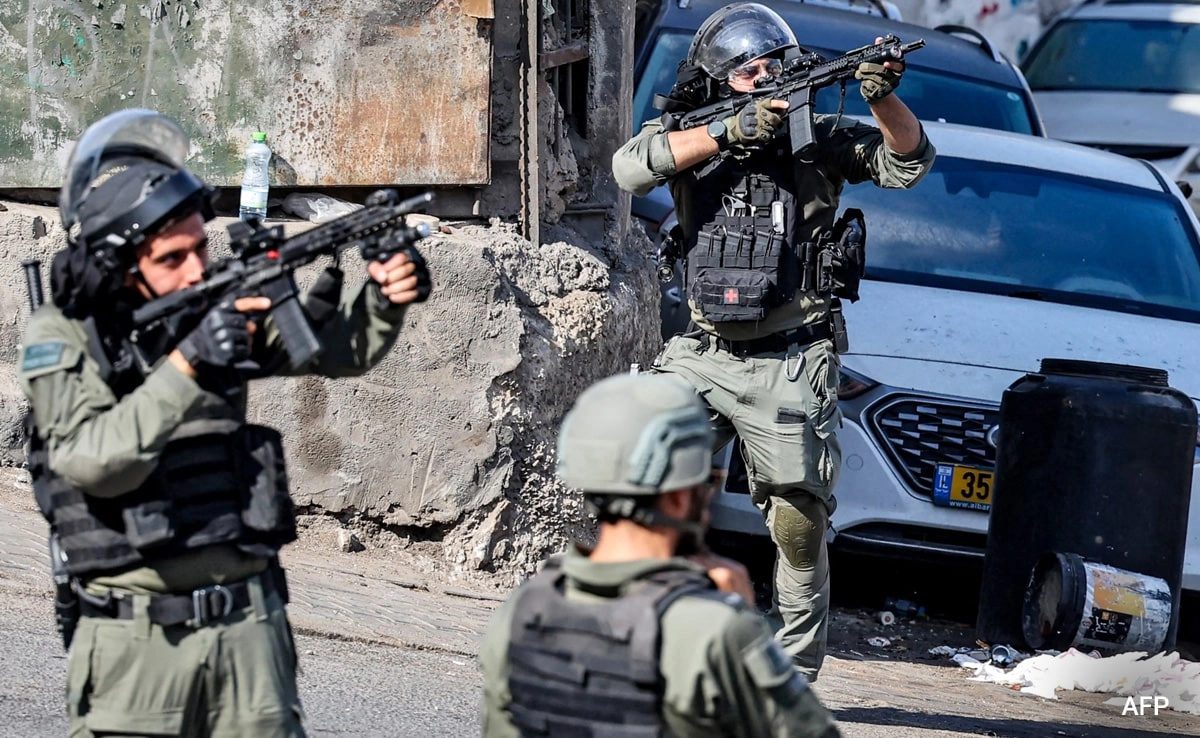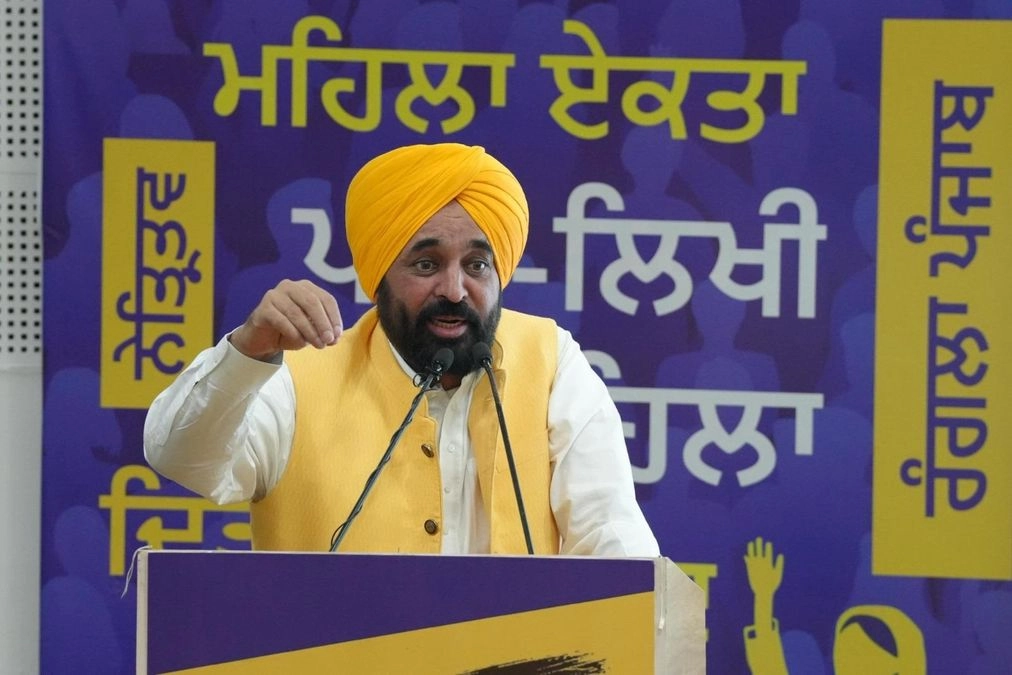In a significant diplomatic move following a recent terrorist attack, India has revoked the visas of Pakistani nationals residing within its borders, granting them a 72-hour ultimatum to exit the country. This decision underscores the heightened tensions between the two neighboring nations, particularly in light of persistent security concerns and the impact of cross-border terrorism. The attack, which has been attributed to groups operating from Pakistani territory, has reignited longstanding grievances and mistrust that have characterized India-Pakistan relations for decades.
The Indian government’s swift action reflects its zero-tolerance stance towards terrorism and its commitment to protecting national security. Officials have emphasized that the safety of Indian citizens is paramount, and they have expressed concern over the presence of individuals who may be connected to or sympathetic toward terrorist activities. The revocation of visas not only serves as a punitive measure against those directly linked to the attack but also acts as a broader warning to Pakistan regarding the consequences of harboring terrorist groups that threaten India’s stability.
This escalation in diplomatic tensions comes at a time when both nations have been attempting to navigate a complex relationship marked by periods of conflict and attempts at dialogue. The decision to revoke visas may have significant ramifications for bilateral relations, as it could hinder people-to-people interactions and collaborative efforts in various sectors, including trade, culture, and education. The urgency of the 72-hour deadline further complicates matters, placing immense pressure on Pakistani nationals who now face uncertainty regarding their future in India.
In the international arena, this development is likely to attract attention from global powers and organizations that have historically sought to mediate peace between India and Pakistan. Observers will be keenly watching how this situation unfolds, as it could either exacerbate the already fragile ties or potentially lead to renewed discussions on counter-terrorism strategies and regional security. As both countries grapple with the implications of this latest incident, the hope remains that diplomatic channels will remain open to prevent further escalation and to foster a more stable and peaceful coexistence in the region.




